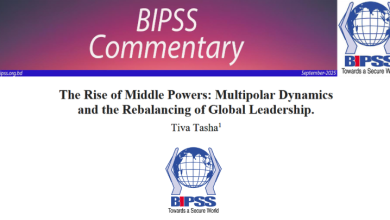
The Digital Divide as a Geopolitical Fault Line: What it means for Bangladesh
Digital technologies have become central to global development and power, yet they have also deepened inequalities between and within nations. The digital divide—marked by disparities in access, literacy, and infrastructure—limits developing countries’ participation in the global digital economy and exposes them to security, economic, and political vulnerabilities. For nations like Bangladesh, these challenges are compounded by weak cyber defense, low digital literacy, and dependence on foreign technology. This imbalance reinforces global technological hierarchies, where advanced economies dominate data, AI, and digital governance, perpetuating a new form of technological neo-colonialism.
Bangladesh’s internal digital gaps mirror this global asymmetry. Rural-urban disparities, gender inequality, and skill deficits undermine its goal of becoming a knowledge-based economy. Weak cybersecurity and digital literacy not only threaten national security but also risk manipulation through misinformation and foreign interference. BIPSS Research Assistant Jannatul Toba suggested in this commentary that to bridge these divides, Bangladesh must invest in inclusive digital infrastructure, strengthen cybersecurity, diversify technological partnerships, and nurture domestic innovation.



